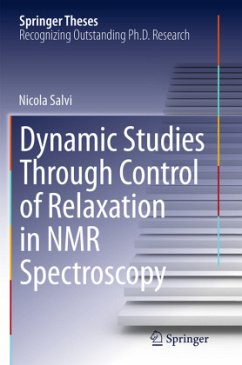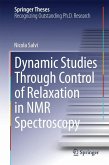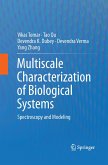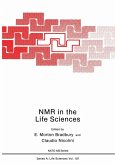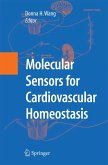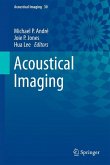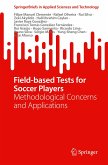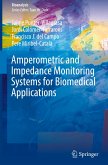Nicola Salvi's thesis offers a remarkably cogent view of highly sophisticated NMR methods. Salvi developed these methods in order to characterize the amplitudes and frequency ranges of local motions in biomolecules such as proteins. These local motions play an essential role since they can explain many of the remarkable properties of proteins and enable them to carry out all sorts of vital functions, from enzymatic catalysis to intermolecular recognition and signalling in cells. Salvi's work has led to numerous publications in high-impact journals.
Bitte wählen Sie Ihr Anliegen aus.
Rechnungen
Retourenschein anfordern
Bestellstatus
Storno

